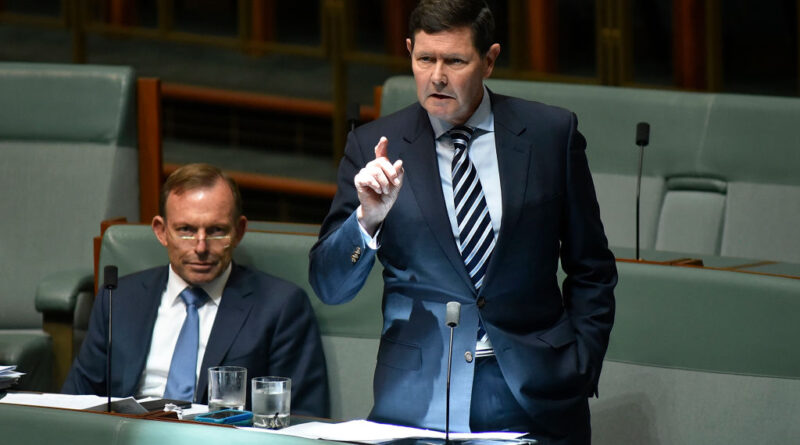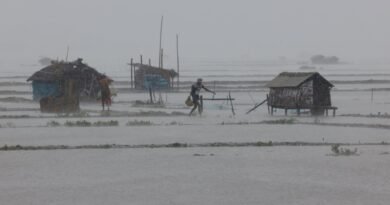Kevin Andrews: From Warrior to Writer
Kevin Andrews, known as a ‘Liberal warrior,’ demonstrated in his later years that the pen could be just as powerful as the sword.
Kevin Andrews passed away last weekend after a year-long battle with cancer, capping off a lengthy career in Parliament.
Representing Menzies from 1991 to 2022, Andrews served in ministerial roles in both the Howard and Abbott governments, overseeing defense, workplace relations, aging, and immigration.
An influential figure in the party’s conservative faction with strong Catholic beliefs, Andrews gained public attention early in his career by introducing the Andrews bill in 1996, limiting the ACT and Northern Territory’s ability to legislate on euthanasia.
Despite his controversial stances on issues like WorkChoices and citizenship testing, Andrews was lauded for his unwavering principles derived from deeply held beliefs.
Widely respected across party lines, Prime Minister Anthony Albanese extended the offer of a state funeral to Andrews’ family.
Retiring from politics after losing the preselection for Menzies, Andrews was the longest-serving federal Liberal MP at the time.
Prior to his political career, Andrews had various occupations, including barrister, solicitor, sports reporter, and race caller. He also authored books on marriage, Italian cycling, and a biography of Australian Prime Minister Joseph Lyons.
Prolific Opinion Writer
After retiring, Andrews resumed writing by contributing opinion pieces to The Epoch Times, covering a wide range of topics and offering insights on national concerns.
In his final article published in June, Andrews criticized the government’s response to security challenges posed by the CCP.
Besides focusing on China, Andrews delved into issues like entitlement in politics, the conflict in Gaza, and Australia’s economic overreliance on China.
He cautioned against complacency in the face of China’s economic decline and urged for serious economic reform in Australia at some point.
As we move forward sans Andrews’ valuable perspective, it is evident that we have lost a profound voice in the national discourse.



